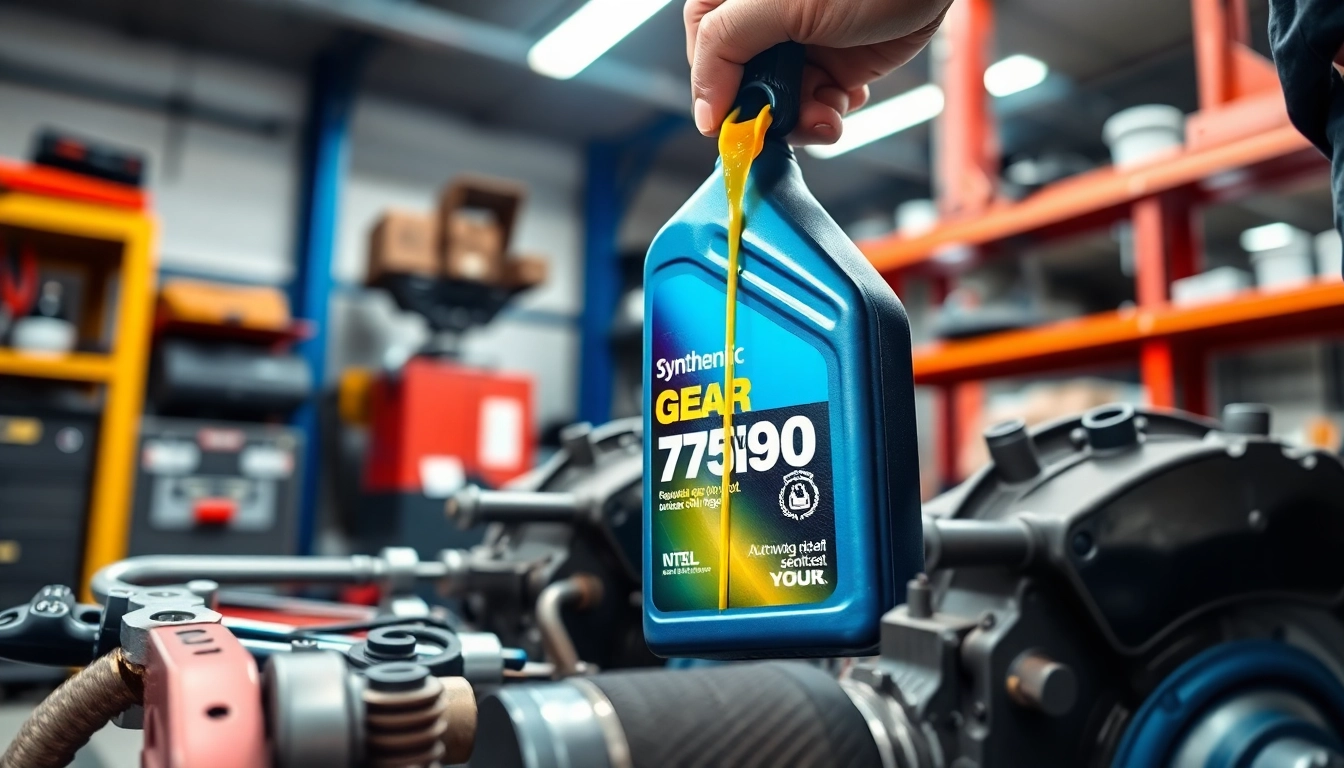Understanding Truck Keys
Overview of Truck Keys
Truck keys are essential components for the operation and security of heavy and light-duty trucks. These keys not only allow access to vehicles but also play a critical role in the overall functionality and safety features embedded within trucks. With the increase in technology and security measures, understanding the different types of keys and their functionalities has become vital for truck owners, drivers, and fleet managers.
Whether you are a truck owner or operate a fleet, knowing about Truck Keys is essential to ensure that you are prepared for any eventuality regarding key loss or replacement. An understanding of truck keys can lead to better management, enhancing both the security and the operational efficiency of your vehicles.
Types of Truck Keys
Truck keys can be broadly categorized into several types, each serving a unique purpose. Here are the main types:
- Standard Keys: Traditional metal keys that fit into the ignition and door locks. These are straightforward and easy to duplicate.
- Transponder Keys: Equipped with a chip that communicates with the truck’s immobilizer. This makes them more secure than standard keys.
- Smart Keys: Also known as keyless entry systems, which use a remote control mechanism that allows for easier access and additional functionalities such as remote starting.
- Valet Keys: Limited-function keys that allow parking attendants access to the ignition and trunk without the owner’s personal belongings.
- Cut Keys: These are specially designed keys for heavy-duty trucks which often have unique cuts and codes that must be matched precisely for successful duplication.
How Truck Keys Work
Understanding how truck keys operate involves recognizing the relationship between the key and the vehicle’s ignition system. Standard keys work by turning in the ignition cylinder, mechanically activating the ignition system to start the engine. In contrast, transponder keys contain a small radio-frequency identification (RFID) chip, which sends a signal to the vehicle’s onboard computer. If the signal is recognized, the vehicle will start.
Smart keys, on the other hand, involve an advanced system where the key communicates wirelessly with the vehicle. When the owner approaches, the system detects the key and unlocks the doors automatically, further enhancing convenience and security.
Common Issues with Truck Keys
Key Sticking or Jamming
One of the most common issues truck owners face is the key sticking or jamming in the ignition. This can be caused by dirty or worn-out ignition cylinder components, debris lodged within, or even issues with the key itself. Regular maintenance of the ignition system can help prevent this, including cleaning around the ignition area and ensuring that the key is free of bends and breaks.
Lost or Stolen Truck Keys
The loss or theft of truck keys is a pressing concern that can lead to significant inconvenience and security risks. If a key is lost, it’s crucial to act promptly to avoid unauthorized access. Consider these steps if keys go missing:
- Immediately check for the key in common areas where it might be misplaced.
- If not found, assess whether a spare key is available.
- Contact a professional locksmith for key replacement, especially if it’s a transponder key, as they will require programming.
- Consider rekeying the locks if there’s a concern about potential theft.
Wear and Tear Considerations
Truck keys, like any mechanical component, can suffer from wear and tear over time. Factors such as frequency of use, exposure to harsh weather conditions, or improper storage can accelerate deterioration. Regular inspections can help in identifying issues early on:
- Check for visible signs of deterioration, such as cracks or bends in the key.
- Ensure that the ignition lock is functioning smoothly.
- Preserve the integrity of remote-controlled keys by avoiding water damage and keeping them safe from impact.
Replacing Truck Keys
When to Replace Your Truck Key
Understanding when to replace a truck key can save owners a great deal of time and frustration. If the key fails to operate smoothly in the ignition, shows visible signs of damage, or becomes misaligned, it may be time for a replacement. Additionally, routine tests with transponder or smart keys should be conducted to ensure proper functionality; if they do not work, examining the battery or seeking replacement might be necessary.
Cost Factors in Key Replacement
The cost of replacing truck keys can vary significantly based on multiple factors, including the type of key, the complexity of the locking system, and the locksmith’s service rates. Standard keys are usually the least expensive to replace, while transponder and smart keys can be costly due to the technology involved. It’s advisable to get multiple quotes before proceeding with a replacement to ensure you are getting fair pricing.
Finding a Reputable Locksmith
Locating a reliable locksmith is paramount for successful key replacement. Here are some tips for finding a reputable professional:
- Look for local locksmiths with positive reviews and testimonials.
- Ensure the locksmith specializes in truck keys, as they may have the specific tools and knowledge needed for various types of vehicles.
- Verify their certification and insurance to avoid potential scams.
Security Features of Truck Keys
Transponder Keys Explained
Transponder keys significantly bolster a truck’s security. These keys consist of a chip that must be recognized by the vehicle’s security system in order to start the engine. This feature helps prevent unauthorized access, as traditional keys can be easily duplicated, while transponder keys require specific programming. To maintain the effectiveness of transponder keys, ensure that any replacements are programmed by a professional to match the vehicle’s ECU (Engine Control Unit).
Keyless Entry Systems
Keyless entry systems provide added convenience and security. These modern systems typically allow for remote locking and unlocking of the vehicle, eliminating the need to physically insert a key. However, this advancement can introduce its own set of vulnerabilities, such as key fob hacking. Regular software updates and maintaining the integrity of the key fob can mitigate some of these security risks.
Upgrading Your Truck Key Security
With the rise of technology, upgrading truck key security is an important consideration for truck owners. Options for upgrading include:
- Installing a more advanced immobilizer that is harder to bypass.
- Using smart technology that incorporates biometric systems, adding another layer of access control.
- Implementing GPS tracking devices that can help recover stolen vehicles more efficiently.
Maintenance and Care for Truck Keys
Regular Inspections and Cleaning
To ensure the longevity of your truck keys, regular inspections and cleaning are essential. Here are some best practices:
- Inspect key for signs of wear, such as fraying or bending.
- Clean the key and ignition area to prevent debris buildup.
- For electronic keys, replace batteries at the first sign of malfunction.
Storage Solutions for Truck Keys
Proper storage for truck keys can prevent loss and damage. Here are some ideal storage solutions:
- Utilize key hooks or dedicated keychains in a designated area.
- For key fobs, consider moisture-resistant cases to prolong battery life.
- For fleet managers, use a centralized key management system that organizes keys efficiently and tracks usage.
Best Practices for Longevity
Adhering to best practices can significantly extend the lifespan of truck keys.
- Keep keys away from key-like objects that may cause misalignment or damage.
- Avoid excessive force when turning keys, particularly with ignition locks.
- Regularly clear any corrosion or debris from the key and lock mechanism.



